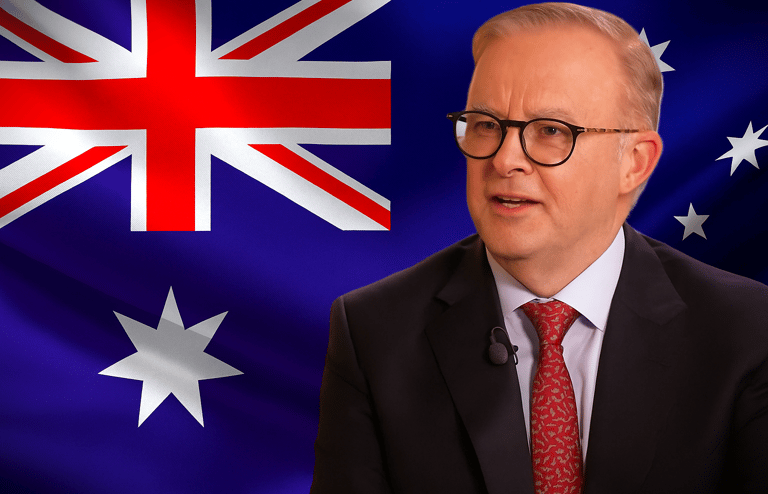Australia Expels Iranian Ambassador Over Antisemitic Attacks: Historic Diplomatic Action
Australia expels Iranian ambassador after evidence of Tehran’s involvement in antisemitic arson attacks, marking a historic diplomatic escalation.
Raja Awais Ali
8/26/20252 min read


Australia Expels Iranian Ambassador: Unprecedented Diplomatic Move Sparks Global Attention
On August 26, 2025, Australian Prime Minister Anthony Albanese announced the expulsion of Iranian Ambassador Ahmad Sadeghi along with three other Iranian diplomats, marking the first such diplomatic expulsion by Australia since World War II. This unprecedented decision comes after Australian intelligence agencies uncovered credible evidence that Iran orchestrated two antisemitic arson attacks on Australian soil, targeting Jewish communities in Sydney and Melbourne. The move reflects Australia’s firm stance against foreign interference and its commitment to protecting the safety and security of its citizens, signaling a sharp escalation in diplomatic tensions between Canberra and Tehran.
According to the Australian Security Intelligence Organisation (ASIO), the Islamic Revolutionary Guard Corps (IRGC) of Iran directed these attacks, which included the October 2024 arson at the kosher restaurant Lewis Continental Kitchen in Bondi, Sydney, and the December 2024 firebombing of the Adass Israel Synagogue in Melbourne. Although no casualties occurred, the attacks caused significant property damage and instilled fear across the Jewish community, highlighting the severity of foreign-directed aggression on sovereign soil. Prime Minister Albanese described these actions as “extraordinary and dangerous acts of aggression orchestrated by a foreign nation” and emphasized that Australia would not tolerate any such interference, taking decisive action to ensure national security.
In addition to expelling the diplomats, Australia has suspended its embassy operations in Tehran and is designating the IRGC as a terrorist organization, a move that underscores the seriousness of Canberra’s response. The expulsion and related measures are intended not only to punish Iran for its interference but also to send a strong message to the international community about Australia’s zero-tolerance policy toward foreign-directed attacks and antisemitism.
Iran swiftly rejected the accusations, calling the expulsion “unjustified” and suggesting that the decision was influenced by internal political considerations within Australia. Tehran has hinted at potential retaliatory measures, though specifics have not yet been disclosed. This diplomatic confrontation has already attracted global attention, raising concerns about escalating tensions in international relations and the potential impact on trade, regional security, and multilateral diplomacy.
Domestically, the decision has been widely supported by Australian Jewish communities, who view it as a necessary step to protect their safety and uphold the country’s values. However, the revelation of Iran’s involvement has also heightened fears within these communities, emphasizing the psychological impact of foreign interference. Leaders and experts have called for vigilance and stronger security measures, highlighting that diplomacy and intelligence must work hand-in-hand to safeguard citizens.
The expulsion of the Iranian ambassador is a historic moment for Australia, reflecting both the gravity of the threat posed by covert foreign operations and the country’s determination to confront them. As both nations navigate this diplomatic crisis, global observers are closely watching developments, recognizing that the outcomes could influence international relations, security protocols, and the handling of foreign interference worldwide. Australia’s decisive action demonstrates a commitment to defending sovereignty, protecting minority communities, and asserting its stance on global diplomacy. The coming months will reveal whether this move triggers a broader diplomatic escalation or establishes a precedent for addressing covert foreign threats in the modern era, making it a landmark moment in international relations.